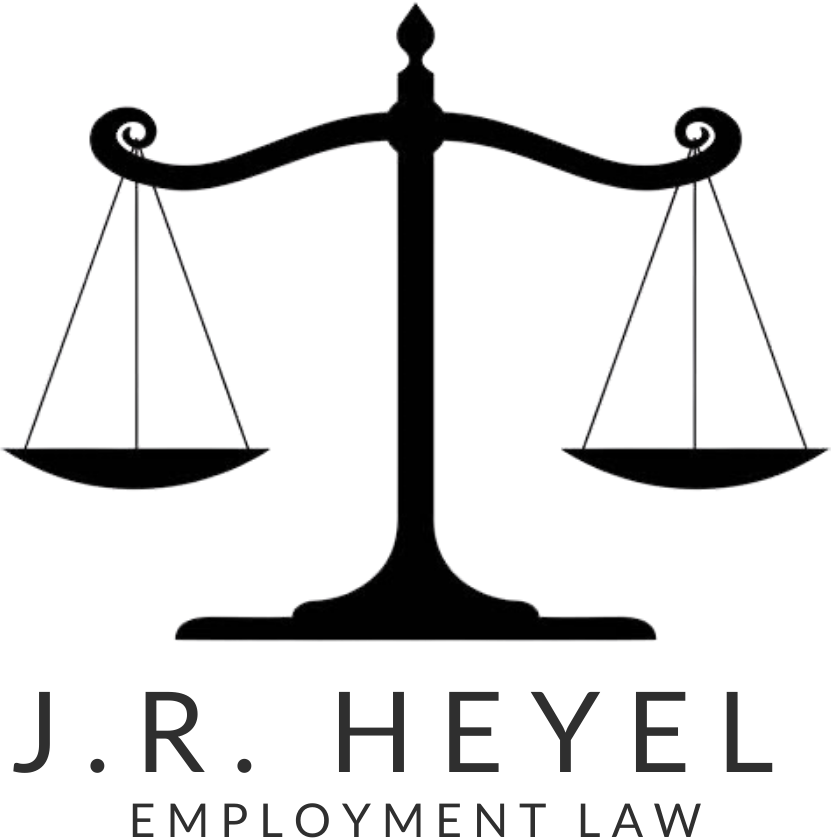If you started a new job in recent years, your employer may have required you to sign a mandatory arbitration document as a condition of employment.
Typically, when you start a new position, you are inundated with numerous documents to review and sign;
- Insurance Forms,
- Policy Manuals,
- Confidentiality Agreements,
- Non-compete Agreements,
- Etc…
Most new hires, eager to start work, will sign everything put before them with little regard for the legal ramifications should the relationship with the employer sour.
Unfortunately, for many, they may have just signed away their legal rights to a jury or bench trial regarding potential employment disputes with the employer. These “binding arbitration agreements,” mandate that employees forgo their right to sue the employer in State or Federal Court arising from any employment-related legal disputes, i.e.: (Discrimination based on race, religion, gender, national origin, age or disability). Workers’ Compensation and unemployment insurance disputes are exempt from these agreements in most jurisdictions.
 Stemming from an U.S. Supreme Court decision in 2001, the Court ruled that employers may compel employees to forgo their right to sue in workplace employment disputes, in favor of binding arbitration.
Stemming from an U.S. Supreme Court decision in 2001, the Court ruled that employers may compel employees to forgo their right to sue in workplace employment disputes, in favor of binding arbitration.
The ruling involved a claim against Circuit City Stores by an employee who alleged workplace discrimination. When he was hired, the employee signed an agreement to arbitrate any employment-related disputes. When he filed his lawsuit against Circuit City, the consumer electronics giant counter-sued to compel binding arbitration pursuant to the terms of the agreement. After conflicting rulings in the lower Courts, the Supreme Court issued its decision upholding the arbitration clause, and in effect, mandating that the employment dispute be resolved through the arbitration process.
This watershed ruling has affected millions of individuals, significantly altering how corporate America does business regarding legal disputes with employees.
Binding arbitration agreements are common in corporate and retail, non-union environments, with employees who do not have employment contracts and are employed “at will.”
These agreements do not prohibit employees from filing a charge for discrimination with the Federal government through the Equal Employment Opportunity Commission (EEOC) or their respective state administrative agency. In Connecticut, charges of employment discrimination are filed with the Human Rights and Opportunities Commission (HROC). Prevailing law stipulates that employees must exhaust all administrative remedies prior to seeking relief through the Courts or arbitration and must file a charge for discrimination within 180 days (HROC) or within 300 days (EEOC) from the most recent instance of alleged discrimination.
For most employers, arbitration is a favored means of resolving employment disputes. Arbitration is typically cheaper and swifter than civil litigation, saving precious company resources and positively affecting the bottom line. The employer will usually finance the arbitration process and the arbitrator is mutually selected by both parties with the arbitration hearing typically taking place at a site within reasonable driving distance of the employees home.
For employees, the costs are similarly lower and the resolution process more expeditious, but at what price? Employees are denied their day in Court, damage awards are typically lower, and arbitrators are not required to have any specific experience in Employment law.
While the Supreme Court’s decision has compelled many employers to require new employees to sign binding arbitration agreements as a condition of employment, employers have been less successful in enforcing agreements when existing employees have been compelled to sign as a condition of continued employment.
In some jurisdictions including Connecticut, these agreements, when executed by existing employees, have failed for lack of sufficient consideration to establish a valid contract between employer and employee. These Courts have ruled that no true exchange of value has taken place between the parties because the employee was already employed.
Binding arbitration is a double-edged sword. It serves as a less formal, less costly and less intimidating means of resolving employment disputes, but greatly dilutes employees’ constitutional and civil employment rights in the workplace. An employer should review the laws regarding binding arbitration agreements respective to its jurisdiction and carefully consider the legal, financial and human resource implications before instituting any policy which compels mandatory arbitration in employment disputes.
Similarly, new employees should carefully review all “new hire” documentation before execution and consult with an Attorney specifically knowledgeable in Employment law before entering into any contractual obligations with the employer.


0 Comments